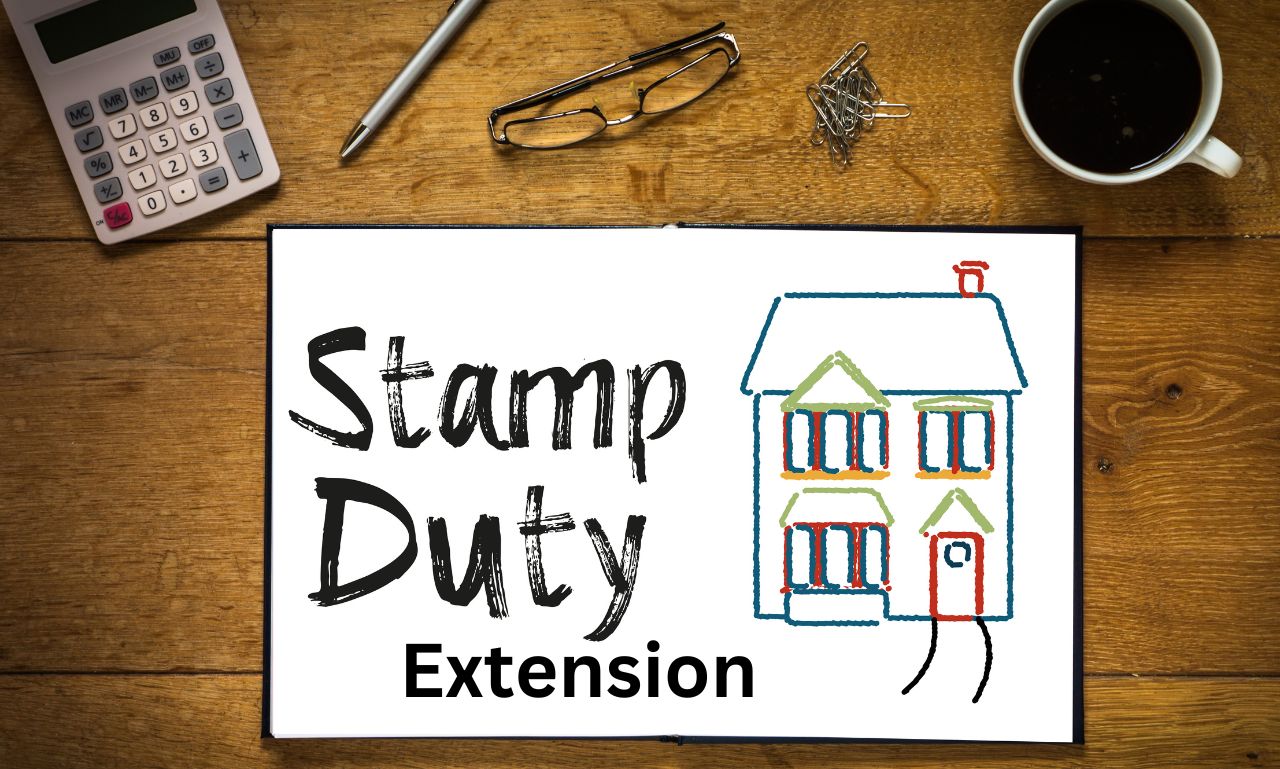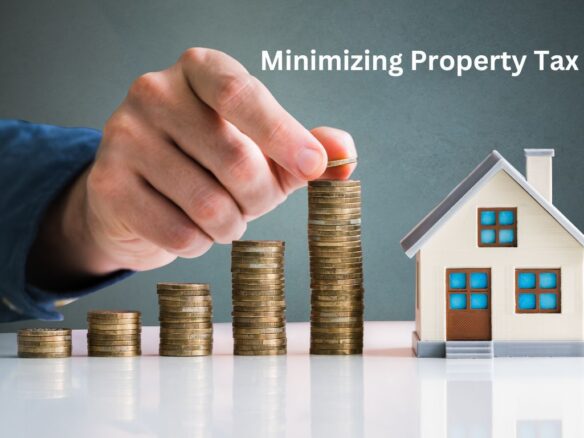Stamp duty is a tax that is put on different transactions, like the sale or transfer of property. When buying or selling a home, it’s a big cost that buyers and sellers need to think about. In recent years, many countries have changed their stamp duty laws to help buyers and sellers of real estate when the economy is bad or to boost the housing market.
What is an extension of stamp duty?
A stamp duty extension is a temporary change to the stamp duty tax, such as lowering or stopping it. This extension can be used for all real estate transactions or just for certain types of properties or price ranges, like for first-time home buyers or properties in a certain neighbourhood.
What a Stamp Duty Extension Is for
The main reason for extending stamp duty is to help buyers and sellers of real estate and to boost the housing market. By lowering or getting rid of the stamp duty tax, buyers and sellers can save money on their transactions, which makes it easier for them to get into the real estate market. This can help increase the demand for homes and get more people to buy or sell, which can help the economy as a whole.
What a Stamp Duty Extension Can Do for You?
There are many good things about a stamp duty extension, such as:
Costs went down: Buyers and sellers can save money on their transactions by lowering or getting rid of the stamp duty tax. This can help a wider range of people get into the real estate market.
Stamp duty extensions can help increase demand for homes because when the cost of transactions goes down, more buyers and sellers are likely to enter the market.
The economy was boosted:
By boosting demand for properties, a stamp duty extension can help stimulate the economy by creating jobs and increasing spending.
First-time buyers:
A stamp duty extension can be especially beneficial for first-time home buyers, as it can help reduce the cost of buying their first property.
Drawbacks of a Stamp Duty Extension
While there are several benefits to a stamp duty extension, there are also some drawbacks, including:
Loss of money:
When the government lowers or gets rid of the stamp duty tax, it loses a big source of money.
Unequal treatment:
Some buyers and sellers may get help from a stamp duty extension, but others may not. For example, a stamp duty extension may help first-time buyers, but it may not help repeat buyers.
Ineffective in the long run: An extension of stamp duty might help the housing market in the short term, but it might not work in the long run. Once the extension is over, it may be less likely for buyers and sellers to join the market because the cost of doing business will have gone up.
In the end, a stamp duty extension can be a good way to lower the cost of buying or selling a home and boost the housing market. But it’s important to think about the possible problems with a stamp duty extension, such as less money and unequal treatment. Talking to a real estate agent is also important if you want to buy or sell a house. This can help you make sure you know how much a stamp duty extension will cost and what its pros and cons are.






Join The Discussion